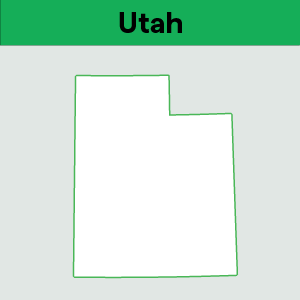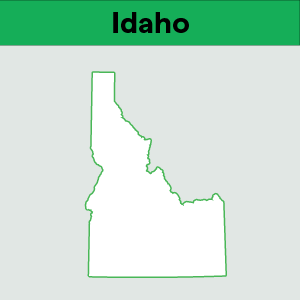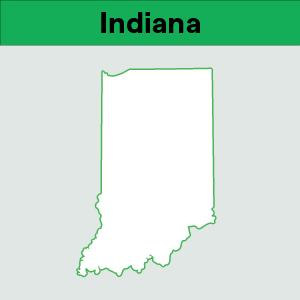Home state nexus: Can you avoid it?
by November 10, 2024
As I’ve noted in previous blog entries, a state cannot obtain tax jurisdiction over a retailer unless that retailer has the requisite physical connection with the taxing state. We call this physical connection “nexus.” Nexus is created in any number of ways. The easiest way to create nexus in any state is to have employees that consistently work in the taxing state. Another way is to have property in the taxing state. Property can be inventory, but it can also be rented office space, computers, company cars, or any other type of property that is rented or owned in the taxing state.
Nexus becomes more complicated when third-parties are involved. If your company has independent representatives that travel into states to represent your business to customers or prospective customers, then that creates nexus in the same way that sending your employees into a taxing state will create nexus. If you own or rent office space or equipment in another state, then that activity will create sales tax and perhaps income tax nexus in that state.
Given these general provisions, the answer to the question “home state nexus: can you avoid it” is NO! It’s called your “home” state for a reason. Your “home” state is the location from where you run your business. It’s where your business has some form of property and at least one person running the business. Every US-based business has nexus in at least one state; we call this the “home” state. Whether you have inventory in your home state is irrelevant to concluding that you have home state nexus.
If you are not collecting tax on sale you make to customer in your “home” state then there is a serious issue to deal with. Until you close your business, you will always have nexus in that “home” state.
Ready to automate sales tax? Sign up for a free trial of TaxJar today.








